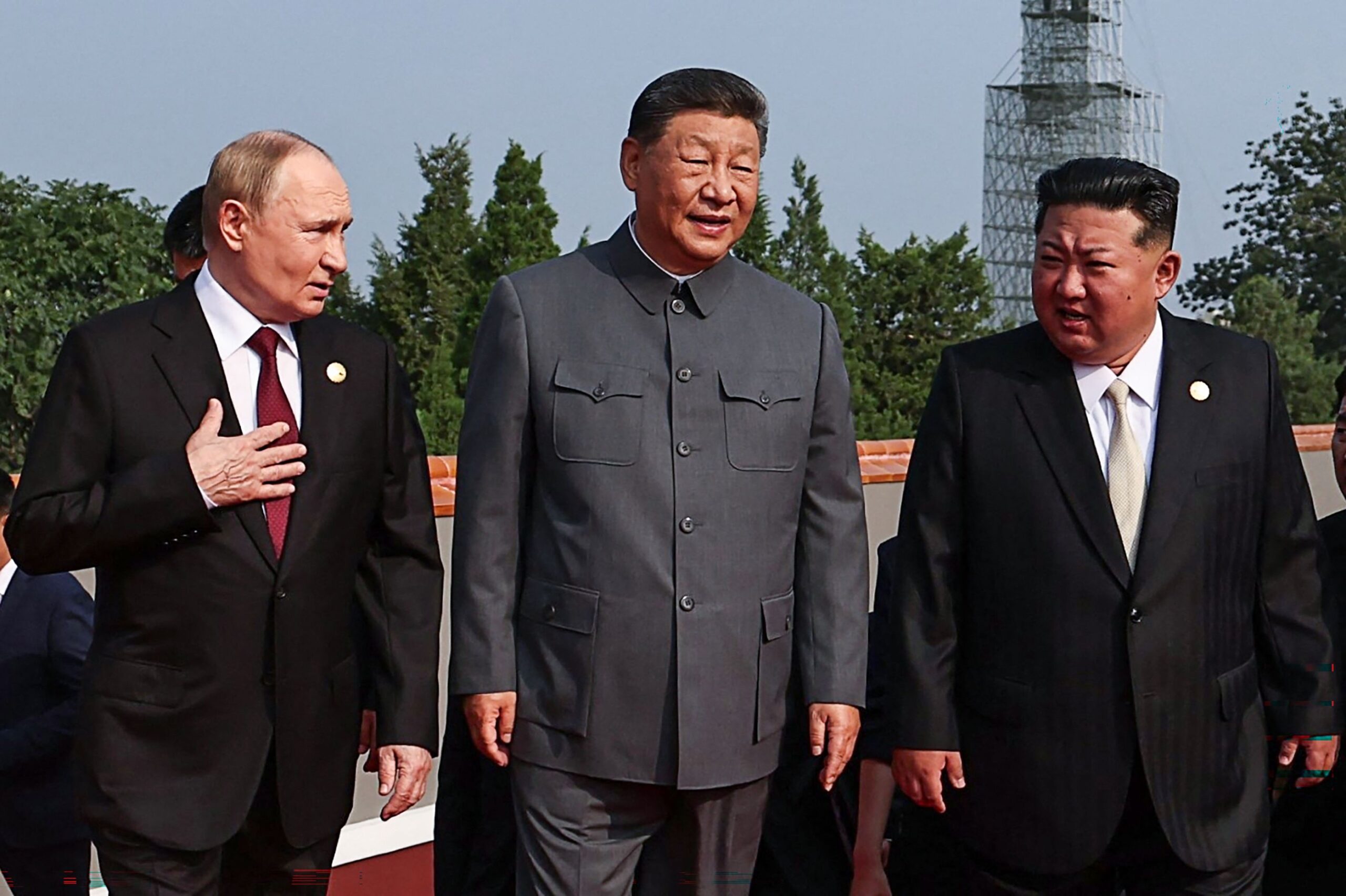

In December 2024, Ethiopia and Somalia reached a landmark agreement that promises to reshape the geopolitical and economic dynamics of the Horn of Africa. Brokered by Turkish President Recep Tayyip Erdoğan, the deal addresses a long-standing dispute between the two countries over Ethiopia’s access to the sea, with broader implications for regional stability and trade. The agreement also highlights the shifting power structures and diplomatic efforts within the region, especially as both nations seek to resolve tensions and boost their respective economies.
Ethiopia, a landlocked nation with a population exceeding 120 million, has long faced challenges in accessing the sea. Since losing Eritrea in 1993, Ethiopia has been dependent on neighboring Djibouti for its trade routes, but the country’s ambitions to secure alternative maritime access have fueled tensions with Somalia. In January 2024, Ethiopia entered into a controversial memorandum of understanding (MoU) with Somaliland, a self-declared independent region of Somalia, granting Ethiopia access to the port of Berbera in exchange for recognition of Somaliland’s independence. This agreement was met with strong opposition from the Somali government, which viewed the deal as a violation of its sovereignty.
However, with the mediation of President Erdoğan, the Ethiopia-Somalia deal has ushered in a new chapter, one aimed at resolving the dispute while respecting Somalia’s territorial integrity. Under this agreement, Ethiopia’s access to Somalia’s ports will be granted, but technical negotiations will take place to iron out the specifics, with a commitment from both parties to uphold the final terms.
The Ethiopia-Somalia agreement represents a shift in the balance of power within the region. For Somalia, this agreement signals an end to the tensions caused by Ethiopia’s dealings with Somaliland. Somalia’s position in the Horn of Africa has historically been precarious due to its internal divisions and external pressures. The agreement not only serves to protect its sovereignty but also opens the door for enhanced regional cooperation.
For Ethiopia, the deal is an essential step toward securing a sustainable trade route. Access to Somalia’s ports will provide Ethiopia with the potential to diversify its trade routes, decrease dependence on Djibouti, and enhance its international trade relations. The deal also offers Ethiopia an opportunity to develop stronger economic ties with Somalia and other neighboring nations, which could have far-reaching effects on the wider East African region.
The economic implications of the deal are significant for both Ethiopia and Somalia. Ethiopia, being one of the fastest-growing economies in Africa, has long sought to bolster its trade sector, which is crucial for its continued growth. With access to Somali ports, Ethiopia can significantly reduce the cost of transporting goods, streamline its import-export processes, and create new opportunities for economic growth. This access is not only vital for Ethiopia’s economic future but could also spark increased foreign investment in both countries, fostering a more integrated and prosperous region.
Somalia, too, stands to benefit from the deal. By fostering a closer relationship with Ethiopia, Somalia can leverage its strategic location as a gateway to international trade, enhancing its economic prospects. Moreover, the agreement opens up the possibility of greater regional cooperation on infrastructure development, energy, and transport, creating a more stable and cohesive East Africa.
While the deal represents a major step toward resolving tensions, it is not without its challenges. Both nations must now embark on technical talks to ensure that the agreement is implemented smoothly. These discussions will need to address several key issues, including port management, trade logistics, and security concerns. Furthermore, the deal’s success will depend on both countries’ commitment to honoring the terms and ensuring that no further disputes arise in the future.
Additionally, the broader geopolitical dynamics of the Horn of Africa will likely shift as a result of this agreement. Countries such as Kenya, Djibouti, and Sudan, all of whom play a critical role in the region’s economic and political landscape, may now seek to reassess their positions in light of Ethiopia and Somalia’s evolving relationship. As external actors, including the United States and China, continue to assert their influence in the region, Ethiopia and Somalia’s deal may prompt a reconfiguration of diplomatic alliances, as both countries strive to secure their interests on the global stage.
The Ethiopia-Somalia deal brokered by Turkey marks a historic moment in the Horn of Africa’s geopolitical and economic history. By resolving a long-standing dispute over access to the sea, the agreement paves the way for greater regional cooperation, stability, and economic prosperity. While challenges remain, the deal offers a promising future for both Ethiopia and Somalia, and could have far-reaching implications for the broader East African region. As the countries move forward with technical negotiations and begin to implement the agreement, the world will be watching closely to see how this bold step shapes the future of the Horn of Africa.


